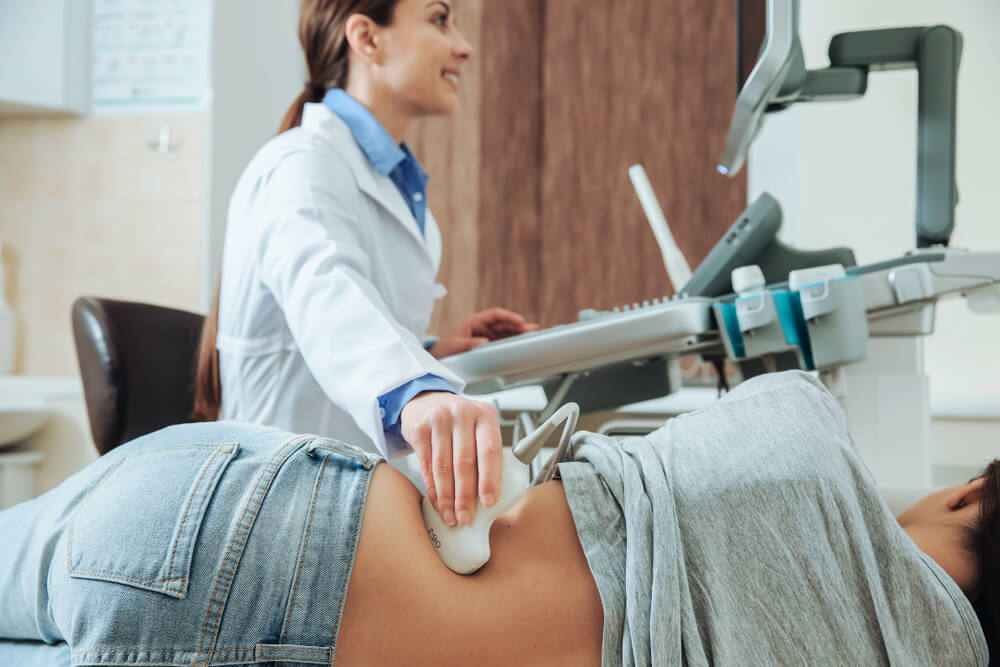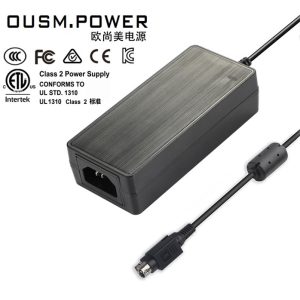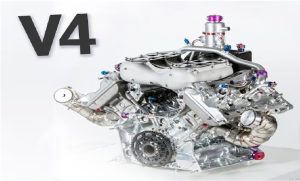Kidney Scan: Everything You Need to Know

A kidney scan is used to determine how the kidneys look and how well they’re working. It is also known as a renal scan, renal imaging, or renal scintigraphy among medical professionals and patients. Doctors usually recommend this nuclear medicine scan as it provides information that other procedures, such as ultrasound, CT, and MRI, can’t provide. In the EC scan for kidneys, a small amount of radioactive is inserted into the patient’s body. Then, a small camera and computer is used to detect the radioactive material traces to create an image of the kidneys.
What Is the Function of the Kidneys?
The body uses food as energy by converting nutrients into cellular ATP. Once the body consumes all the essentials from the food, the rest material becomes waste material that accumulates in the bowel and the blood.
Maintaining a proper balance of water and chemicals, such as potassium and salt, is the job of the kidneys and the urinary system. When protein-rich meals like meat and some vegetables are broken down in the body, urea is formed. This urea or accumulated waste in blood is carried to the kidneys.
Kidneys filter the blood and eliminate the waste material from the body in the form of urine.
In addition, kidneys also help in:
- Eliminating urea waste from the bloodstream; maintaining a chemical equilibrium in the blood; supplying the erythropoietin hormone, which promotes red blood cell formation;
- Maintaining healthy blood pressure levels and bone density by balancing the production of renin hormone that stimulates bone mineralization.
Kidneys have small filtering units called nephrons that help eliminate urea from the blood. Each nephron is composed of glomerulus, a ball made of tiny blood capillaries and a renal tubule.
Kidney Disease Symptoms
Here are some signs and symptoms that indicate kidney diseases:
- Regular desires to urinate and discomfort in the urethra are symptoms of excessive blood pressure in the urine.
- Enlargement of the hands and feet results from fluid retention in the body.
A single symptom may not always indicate a significant problem. In case all above-mentioned symptoms are present at the same time, it means that the kidneys are not functioning correctly. If you are experiencing any or all above-mentioned symptoms, you should consult a doctor and go for an EC scan for kidneys.
Why Is a Kidney Scan Necessary?
An EC scan for the kidney reveals any abnormalities in the kidneys. There can be many reasons for kidney diseases.
A renal scan helps to investigate a variety of kidney problems. In this procedure, Radioisotope flow and the efficiency with which the patient’s kidneys absorb and expel it are measured. The scan also reveals problems in your kidneys’ structure, size, or shape.
In addition, an EC scan for the kidney has the ability to detect and assess:
- Reduced renal blood flow
- Hypertension in the renal arteries. This is caused by tumors or cysts (also known as renovascular hypertension).
- Abscesses
- Kidney transplant rejection
What Are the Risks of a Kidney Scan?
The radioactive tracer poses a very minimal danger. The quantity utilized in the experiment is very small. When the tracer is administered, you may feel a tingling sensation. The tracer may cause allergic responses, although this is extremely rare.
Some people may experience discomfort or agony while lying on the scanning table.
Consult your doctor if:
- You experience any drug, contrast dye, or latex-related sensitivities or allergies.
- You are pregnant. This is because the fetus may be at risk during the scanning.
- You are breastfeeding. That is because of the possibility that the tracer can enter your breast milk.
- You may face additional dangers that are specific to your situation. Before the scanning, be sure to address your concerns with your doctor.
What If the Findings of My Kidney Tests Indicate That I Have an Early Stage of Renal Disease?
Your healthcare professional will contact you to discuss treatment choices if the report is abnormal. You can also see a nephrologist (a doctor who specializes in the kidneys) if you have any concerns. The doctor may request more regular kidney function tests if your findings are abnormal.
What Happens After a Kidney Scan?
To avoid dizziness or lightheadedness, you should rise gently from the scanning table.
For the first 24 hours following the scan, the doctor recommends you drink plenty of fluids and empty your bladder often. Doing this helps you flush out the radioactive tracer from your body.
There will be a thorough examination of the IV site by the medical team, looking for redness or swelling. After you leave the hospital, notify your doctor if you see any redness, swelling, or discomfort at the IV site.
Takeaway!
An EC scan for the kidney is a quick and painless medical treatment (for most patients) that takes approximately 30 minutes to perform. You should share whatever you have experienced in the past with your doctor. This will help your doctor in diagnosing the problem.
Your doctor may recommend additional tests based on the results of your renal scanning. For example, blood or urine testing, further imaging studies, a biopsy of the kidneys, etc. Your doctor will be able to tailor a treatment plan for you based on the results of your renal scanning report and other testing. Don’t hesitate to approach your doctor if you have questions about the procedure.
To find the best doctor in your location, you can visit MYA CARE. Here you can easily search for certified doctors based on your treatment plan and location. Visit their site now!







